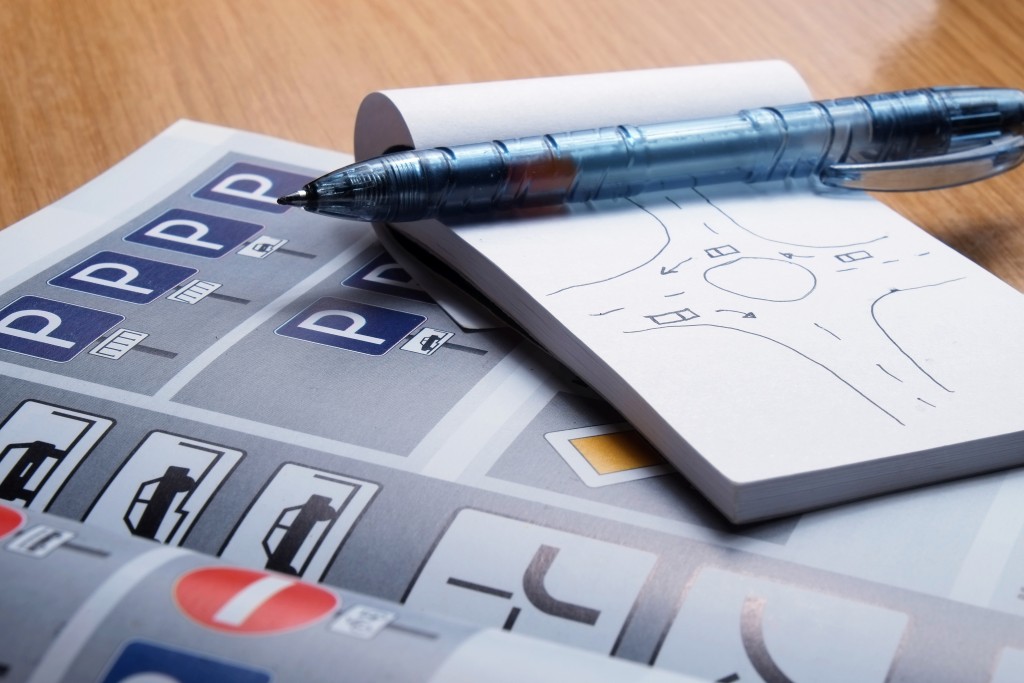It is quite alarming just how the COVID-19 pandemic rapidly turned the world upside down. Borders were closed, people are encouraged to take drastic measures to protect themselves, and more businesses are shutting down each day while others are now thriving. Everything happened so fast that many of us are struggling to keep up.
The crisis is also shaping the future of the transportation and automotive industry. Travel bans were implemented, limiting the movement of people around the globe. Road freights are affected, as well as air cargo and sea transportation. Even how consumers view car-buying and how they travel changed. Here’s what experts think about how the pandemic will further shift the auto and transportation industry.
The Rise of Electric Cars
The sale of regular cars dropped dramatically after the COVID-19 crisis slowed the economy. According to statistics, car sales declined by 33.3% in the second quarter alone. This is since people are spending more time indoors than on the roads. Another cause of auto sales is since more people are now working from home. Since there is no need to travel to get to work, they see no need to buy their own vehicle for convenience.
Surprisingly, even with the decline in auto sales, BloombergNEF (BNEF) predicts electric models will gain more market share by the year 2023. Electric cars help meet the consumer’s demand for sustainability. They emit about half the amount of CO2 emissions of regular engine cars. Add the fact that more countries are targeting 100% zero-emission vehicles by 2050 makes it a real possibility that electric cars will dominate the roads after the pandemic.
Drone Deliveries

Many industries are booming despite the pandemic simply because more people are demanding goods to be delivered instead of them doing on-site shopping. Sure, consumers have been shopping online and ordering food deliveries for many years now. However, the pandemic made people rethink their shopping strategies. Now, more consumers expect businesses to find faster and better ways to deliver their goods. Because of this, many companies are looking into drone delivery for direct and contact-less delivery.
Cycling Post-pandemic
According to PRNewswire, the projected market share of the global bicycles market can grow up to $34.6 billion by 2027. Amidst the pandemic, people are looking for other modes of transportation different than their local commute. Aside from walking and taking their cars, many turned to cycling.
All around the world, bicycle sales increased. In the U.S., there is already a bicycle shortage after consumers left big-box stores out of bicycles. In the UK, Britons are taking advantage of fine-weather cycling. Thanks to the convenience and health benefits of cycling, many believe that such an alternative to regular and crowded transportation will continue to reign even after the pandemic is over.
The crisis came unexpectedly and already caused devastating results in many parts of the world. It has affected many industries, including those that we thought were indispensable. Even the car and transportation industry was impacted in many ways. Now, we can expect more electric cars, drone deliveries and people cycling their way to work in the future.

